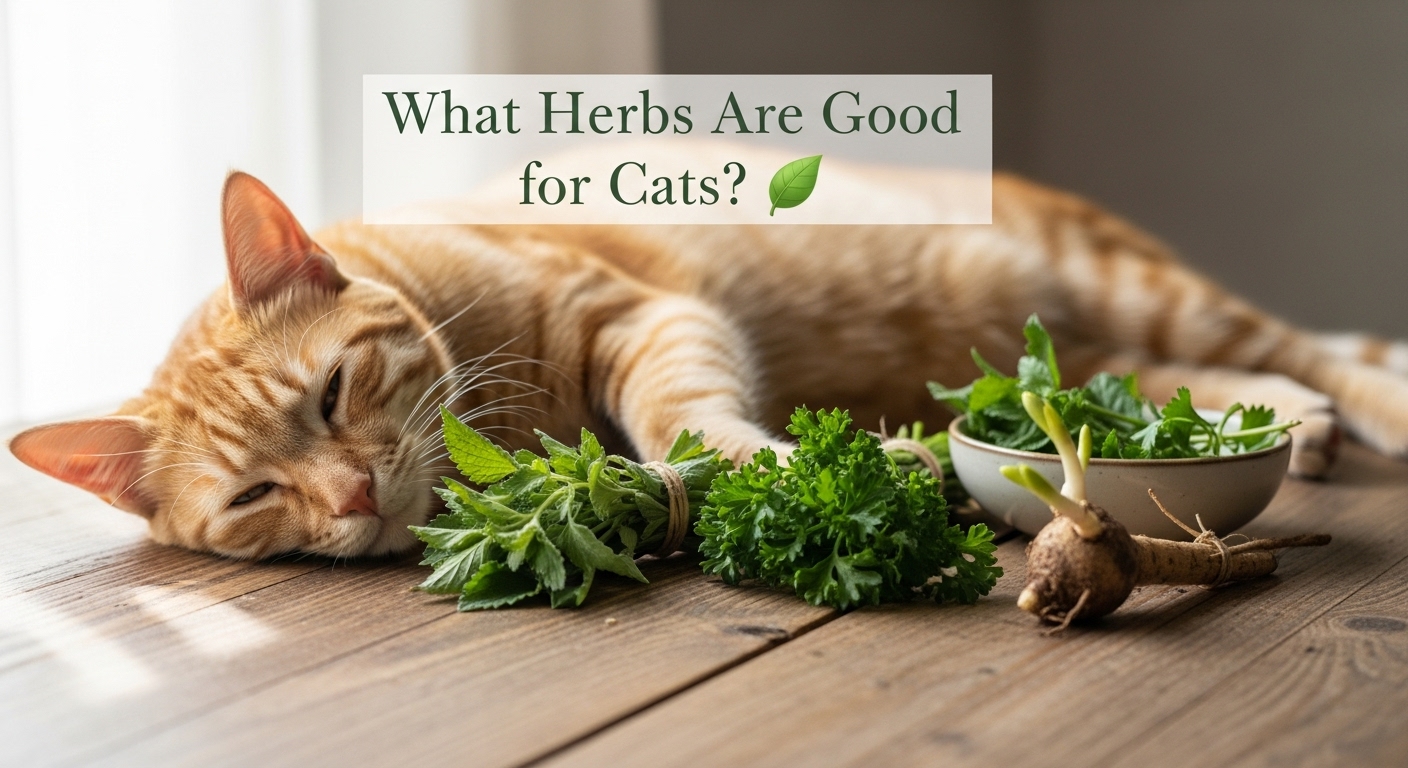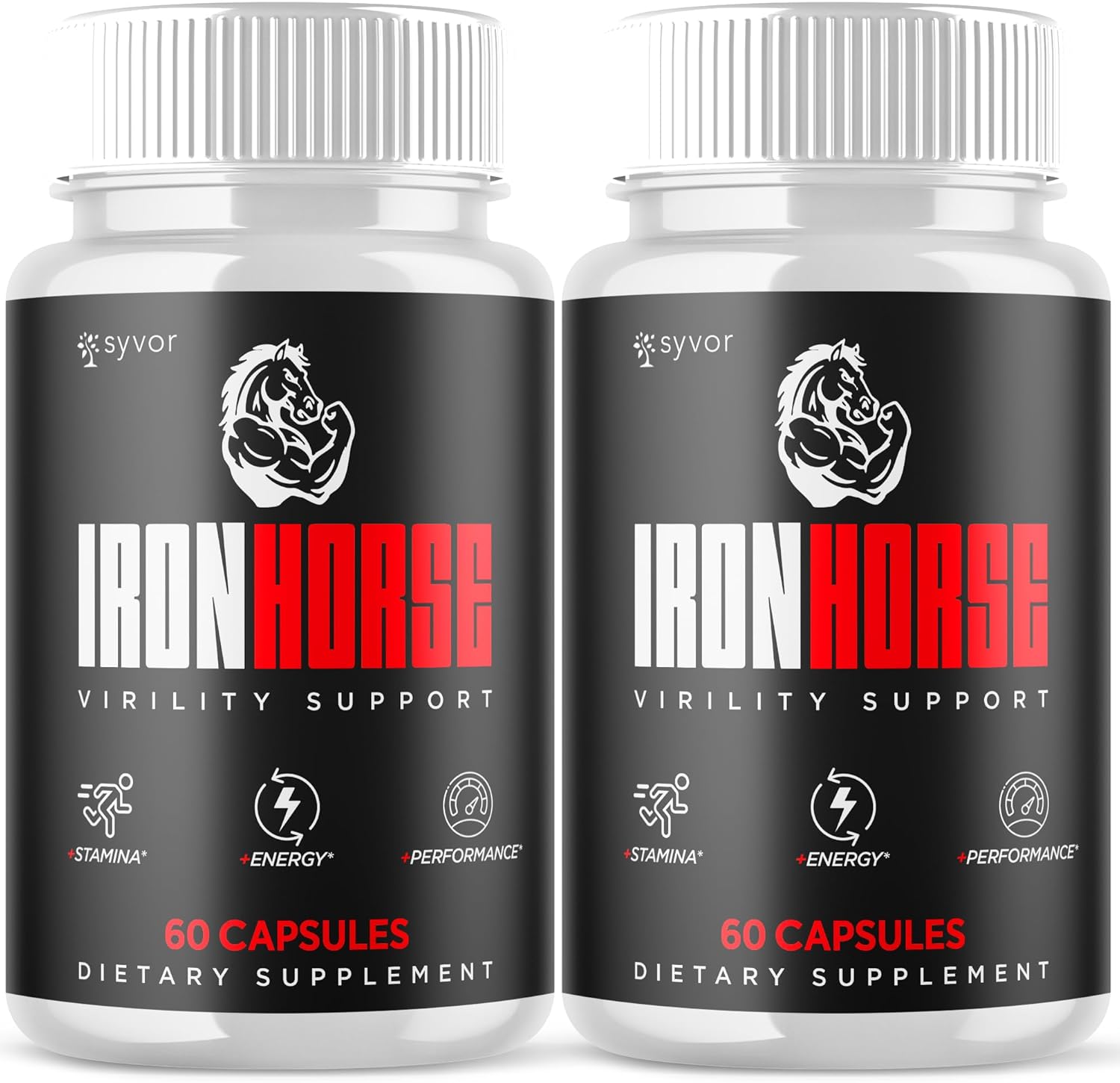
Check out our latest products
Herbal remedies have been used for centuries to promote wellness in both humans and animals. In recent years, more cat owners have become curious about using herbs as part of a natural care routine.
While some herbs can provide gentle support for digestion, stress, or overall health, others can be toxic to cats if used incorrectly. Understanding which herbs are safe — and how to use them — is essential to protecting your feline friend’s health.
This guide explores the best herbs for cats, how they work, and how to introduce them safely.
How Herbs Affect Cats: Understanding the Basics
Cats process herbs and plant compounds differently than humans or even dogs. Their liver enzymes are less efficient at metabolizing certain substances, which means that some herbs considered “safe” for people may be harmful to felines. Always remember that “natural” doesn’t automatically mean safe.
The effects of herbs generally fall into four categories:
- Calming: help ease anxiety, stress, or restlessness.
- Stimulating: encourage playfulness, curiosity, or activity.
- Digestive: support appetite, digestion, or reduce hairballs.
- Supportive: boost immunity or skin and coat health.
When used properly, herbs can complement your cat’s diet and enrich their life. However, it’s important to consult your veterinarian before introducing any herb, especially if your cat has an existing medical condition or is taking medication.
Top Safe Herbs for Cats and Their Benefits
1. Catnip (Nepeta cataria)
The most famous of all cat-friendly herbs, catnip contains nepetalactone, a compound that triggers playful and euphoric behavior in many cats. Not all cats react to catnip — sensitivity is genetic — but for those who do, it provides excellent mental stimulation and enrichment. Fresh or dried catnip can be offered on toys, scratchers, or sprinkled on bedding.
2. Silver Vine (Actinidia polygama)
For cats unresponsive to catnip, silver vine is an excellent alternative. It often elicits stronger reactions and longer periods of engagement. This herb provides enrichment and encourages exercise, making it ideal for indoor cats who need more activity.
3. Valerian Root (Valeriana officinalis)
Valerian root can have either stimulating or calming effects depending on your cat’s personality. Some cats become playful and energetic, while others become relaxed. It’s useful for reducing mild anxiety or encouraging movement in sedentary cats. Always introduce valerian in small amounts due to its strong aroma.
4. Cat Grass (Oat, Wheat, or Barley Grass)
Cat grass aids digestion and helps prevent hairballs by encouraging healthy elimination. It’s also a safe and satisfying outlet for cats who like to chew on houseplants. You can grow it easily at home or purchase small pots from pet stores.
5. Lemon Balm (Melissa officinalis)
Known for its mild calming effects, lemon balm can help reduce stress and support digestive comfort. It’s often used as a tea infusion or mild tincture, but only in very diluted forms. Avoid concentrated essential oils — they’re too strong for cats.
6. Calendula (Calendula officinalis)
Calendula has natural anti-inflammatory and soothing properties. It’s often used externally as a gentle wash for minor skin irritations, scrapes, or insect bites. Dilute calendula tea or a vet-approved ointment can help with mild skin discomfort.
7. Rosemary (Rosmarinus officinalis)
In small amounts, rosemary can act as a natural antioxidant and flea deterrent. Some shampoos contain diluted rosemary for its skin and coat benefits. Avoid using concentrated essential oil versions, as they can be too strong.
8. Basil (Ocimum basilicum)
Basil is generally safe for cats and provides mild antioxidant and antibacterial benefits. Some cats enjoy nibbling fresh basil leaves. Use sparingly, as too much can upset the stomach.
9. Parsley (Petroselinum crispum)
Rich in vitamins A, C, and K, parsley in moderation can support kidney health and freshen breath. Avoid large quantities, especially in cats with kidney disease, and never use parsley essential oil.
10. Nettle (Urtica dioica)
Nettle leaves are nutrient-rich and can support skin, coat, and joint health. When dried and added in tiny amounts to food, nettle can offer a natural boost of vitamins and minerals. Always ensure it’s properly dried, as raw nettle leaves can irritate the mouth.
How to Use Herbs Safely with Cats
Introducing herbs into your cat’s routine should be done gradually and thoughtfully. Here are key safety guidelines:
- Start small: Introduce one herb at a time in very small amounts.
- Observe reactions: Watch for signs of allergy or intolerance such as vomiting, drooling, or lethargy.
- Use fresh or dried herbs: Avoid essential oils unless prescribed by a veterinarian.
- Consult your vet: Especially important for cats with chronic illnesses or those on medication.
- Avoid frequent changes: Consistency allows you to monitor how your cat responds over time.
You can offer herbs in several ways — sprinkled over food, grown as live plants for nibbling, brewed lightly in water, or used in play enrichment (like toys or scratchers infused with catnip or silver vine).
Herbs That May Support Common Feline Conditions
Certain herbs can provide mild support for everyday feline wellness concerns:
- For stress and anxiety: Lemon balm, valerian root, or catnip (for responsive cats).
- For digestive issues: Cat grass, parsley, or small amounts of basil.
- For coat and skin health: Calendula, nettle, or diluted rosemary.
- For enrichment: Catnip, silver vine, and honeysuckle wood help satisfy natural behaviors and prevent boredom.
While these herbs may help with minor issues, they are not substitutes for veterinary care. Persistent problems such as hair loss, digestive upset, or anxiety require a professional diagnosis and treatment plan.
Herbs to Avoid or Use With Extreme Caution
Some herbs that are safe for humans or dogs can be toxic to cats. Avoid these completely unless a veterinarian advises otherwise:
- Garlic, onions, chives, and leeks — all members of the allium family are toxic to cats.
- Tea tree oil, pennyroyal, thyme, and oregano essential oils — can cause liver and neurological damage.
- Aloe vera, foxglove, and eucalyptus — toxic when ingested.
- High-potency herbal extracts or essential oils designed for humans — too concentrated for feline systems.
If your cat ingests a questionable herb, contact your veterinarian or an emergency poison helpline immediately.
Choosing Quality Herbs and Products
When selecting herbs for your cat, quality and purity matter. Look for:
- Organic and pesticide-free herbs to avoid chemical exposure.
- Vet-formulated products designed specifically for feline use.
- Proper labeling with dosage and ingredient details.
- Safe storage in airtight containers away from light and moisture.
- Fresh homegrown options, such as small pots of cat grass or basil, which are safe and easy to maintain.
Growing a small indoor herb garden can also be a rewarding way to provide safe, natural enrichment for your cat.
FAQs About Herbs for Cats
Can I give my cat the same herbs I use for myself?
Not always. Cats metabolize herbs differently, and some that are safe for humans can be toxic for felines. Always research or consult your veterinarian before sharing any herb.
Are herbal supplements for cats safe?
Only if they are specifically formulated for feline use. Avoid human herbal supplements — they may contain additives or concentrations unsafe for cats.
How long until I see results from herbal remedies?
It depends on the herb and the purpose. For example, calming herbs like valerian may take effect quickly, while nutritional herbs like nettle may take weeks to show benefits.
What if my cat is on medication?
Always consult your vet before adding herbs. Some herbs can interfere with medications by altering absorption or liver metabolism.
How many herbs can I give at once?
Introduce only one herb at a time. This helps you monitor how your cat reacts and reduces the risk of interactions or digestive upset.
Conclusion
Herbs can be a wonderful way to support your cat’s physical and emotional well-being — but safety comes first. Stick to gentle, cat-safe herbs such as catnip, silver vine, lemon balm, and oat grass, and avoid any plant or oil not explicitly known to be safe for felines. Always use moderation and seek professional advice before making changes to your cat’s care routine. When used responsibly, herbs can add enrichment, relaxation, and natural vitality to your cat’s life.
Post Views: 154
Animal Wellness is North America’s top natural health and lifestyle magazine for dogs and cats, with a readership of over one million every year. AW features articles by some of the most renowned experts in the pet industry, with topics ranging from diet and health related issues, to articles on training, fitness and emotional well being.



![[PETHROOM] Cat Nail Clipper Trimmer for Indoor Cats with Circular Cut Hole (2mm) | Premium Sturdy Stainless Steel Blade Cat Claw | Safe, Easy, Accurate, Quiet & Fast | Avoid Overcutting](https://m.media-amazon.com/images/I/6156hi88deL._AC_SL1298_.jpg)
![[PETHROOM] Professional Eye Comb for Pets | Stainless Steel Tear Stain Remover for Cats & Dogs | Gentle Round-Head Grooming Tool | Compact & Portable for Eye Gunk Removal](https://m.media-amazon.com/images/I/71+W758uwXL._SL1500_.jpg)









